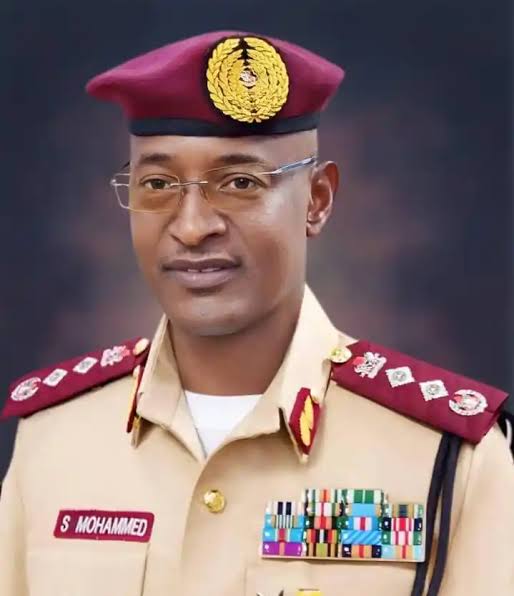The Federal Road Safety Corps (FRSC) has publicly commended the Federal Medical Centre (FMC), Jabi, Abuja, for initiating an internal investigation into staff members accused of neglecting an accident victim brought to the hospital for emergency care.
FRSC Corps Marshal Shehu Mohammed issued the commendation in a statement emphasizing the critical role of medical institutions in responding promptly to road traffic crash victims. The Corps Marshal described the actions of FMC Abuja as a necessary step toward ensuring accountability and adherence to ethical standards within the healthcare system.
READ ALSO: FRSC officer squeezed to death between 2 trucks
According to the FRSC, eight staff members of the FMC Jabi have been placed under formal investigation following reports of negligence in the treatment of an injured person who had been involved in a road traffic crash. The details surrounding the incident have not been fully disclosed, but sources indicated that the victim was initially denied prompt medical attention upon arrival at the facility.
The FRSC clarified that the victim in question eventually received treatment and has since been discharged from the hospital. However, the Corps emphasized that the delay in treatment contravened established protocols for handling crash victims, especially in emergency settings.
In his remarks, Corps Marshal Mohammed reminded all healthcare providers across Nigeria of their statutory obligation to give immediate care to road accident victims. He noted that any delay or refusal to treat such individuals, especially those brought in emergency situations, constitutes a violation of the National Road Traffic Regulations.
The Corps Marshal stressed that Section 20 of the FRSC Act mandates all hospitals and healthcare institutions to accept and attend to crash victims without delay, regardless of whether police documentation is provided at the time of admission. He further stated that failure to comply with this requirement is considered a criminal offense under Nigerian law.
In acknowledging the FMC’s ongoing internal inquiry, the FRSC stated that the decision to investigate the staff involved demonstrated institutional accountability and a commitment to upholding patients’ rights. According to Mohammed, proactive responses like that of FMC Jabi are critical in reinforcing public confidence in the healthcare system and deterring future violations.
He also called on other medical centers and hospitals to emulate the actions of FMC Jabi by reviewing their internal processes and reinforcing emergency care protocols. He warned that any hospital found culpable of denying treatment to crash victims would face legal consequences in line with national regulations.
The FRSC also reaffirmed its commitment to ensuring that victims of road traffic crashes are not subjected to secondary trauma as a result of institutional failures or professional misconduct. Mohammed disclosed that the Corps had received various complaints in the past about hospitals turning away accident victims, often citing the absence of police reports or upfront payment.
He reiterated that such practices are not only unethical but also illegal, urging the public to report any similar instances to the FRSC for immediate investigation and redress. He also announced that the Corps would continue to collaborate with the Federal Ministry of Health and other relevant agencies to promote compliance with emergency care policies nationwide.
The incident at FMC Jabi has reignited public discourse on the state of emergency medical care in Nigeria, particularly the responsibilities of healthcare providers in crisis situations. While the names of the staff under investigation have not been released, the hospital has pledged full cooperation with authorities and promised to take appropriate action based on the findings of its internal review.
The FRSC, while expressing hope that this case would serve as a deterrent, reaffirmed its readiness to protect the rights of road users and enforce all applicable laws to ensure the safety and well-being of the public.





